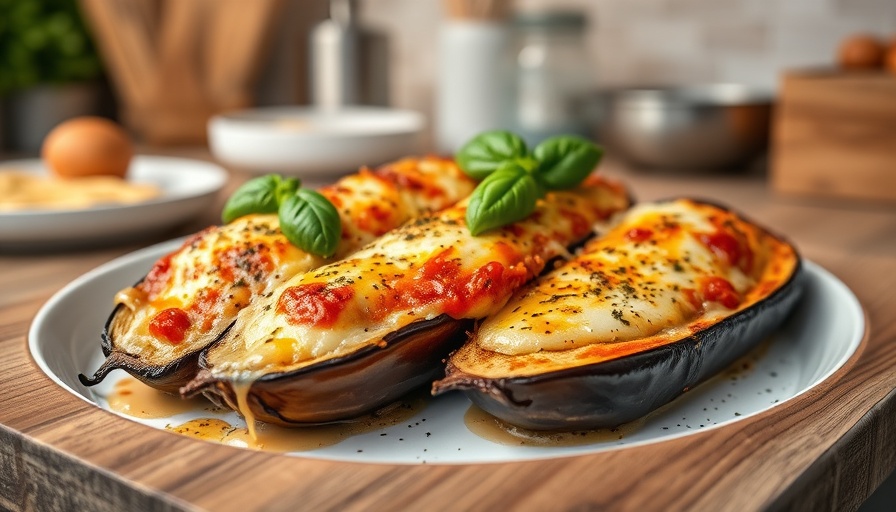
Understanding Our Attachment to Sentimental Items
We all hold onto things that have special meaning in our lives—whether it's a toy from childhood, a handmade gift from a loved one, or trophies from our high school glory days. These objects, rich with memories, help connect us to people, experiences, and accomplishments. Yet as time goes on, this emotional attachment can become a burden. Instead of bringing joy, the accumulation of sentimental items often leads us to feel overwhelmed, cluttering both our homes and minds.
The Paradox of Sentimental Clutter
The items we cherish the most can paradoxically keep us from fully enjoying our current lives. They physically occupy space and require maintenance, which can mentally detract from our experiences today. For instance, we might be so focused on organizing and managing our collection of mementos that we miss opportunities to create new memories—like taking a spontaneous trip or spending quality time with family. Sentimental clutter pulls our attention away from the present, creating a barrier to freedom and intentional living.
Less is More: Living With Purpose
As soulful optimizers, we seek rituals and practices that enhance our well-being. Embracing minimalism does not mean discarding all our cherished memories; it's about prioritizing those that truly contribute to our happiness. Assessing which items we really hold close can be freeing. Consider each object carefully—does it serve as a reminder of love, or does it weigh you down? By liberating ourselves from excess, we create space for joy, allowing us to focus on what matters most: our experiences and relationships.
Future Predictions: A Shift in Mindset
As conversations around mental health and well-being evolve, the practice of decluttering our lives will become increasingly relevant. With the rise of minimalism and self-care movements, more people will realize that emotional and mental clarity can be achieved by releasing unnecessary physical items. The future points toward a culture that prioritizes quality over quantity, urging individuals to fill their lives with meaningful interactions rather than material possessions.
Actionable Insights: Declutter with Intention
To begin the decluttering journey, start small. Choosing a single category, such as a box of childhood mementos, can make the task feel less daunting. Take time to reflect on each item’s significance and ask yourself whether it adds value to your current life. If it brings more stress than joy, consider letting it go—donate, recycle, or give it a new home with someone who might appreciate it more. This intentional approach not only eases physical clutter but can also lighten your mental load.
Finding Joy in Letting Go
Letting go of sentimental items doesn't mean losing the love and memories associated with them. Instead, it allows us to celebrate those moments freely without the weight of past belongings holding us back. Releasing items with gratitude can transform how we view our past, enabling positive healing rather than clinging to sorrow or regret. The joy that comes from our memories can coexist beautifully with our present—and remembering this will enable us to cherish both.
In conclusion, as we navigate our emotional attachments to the things we own, it's essential to remain mindful of how they impact our current state of being. By recognizing when our possessions become burdens rather than blessings, we can free ourselves to glow, grow, and flow in life. So take a moment to explore your own sentimental clutter, and consider whether it enhances or hinders your joy.
 Add Row
Add Row  Add
Add 



Write A Comment